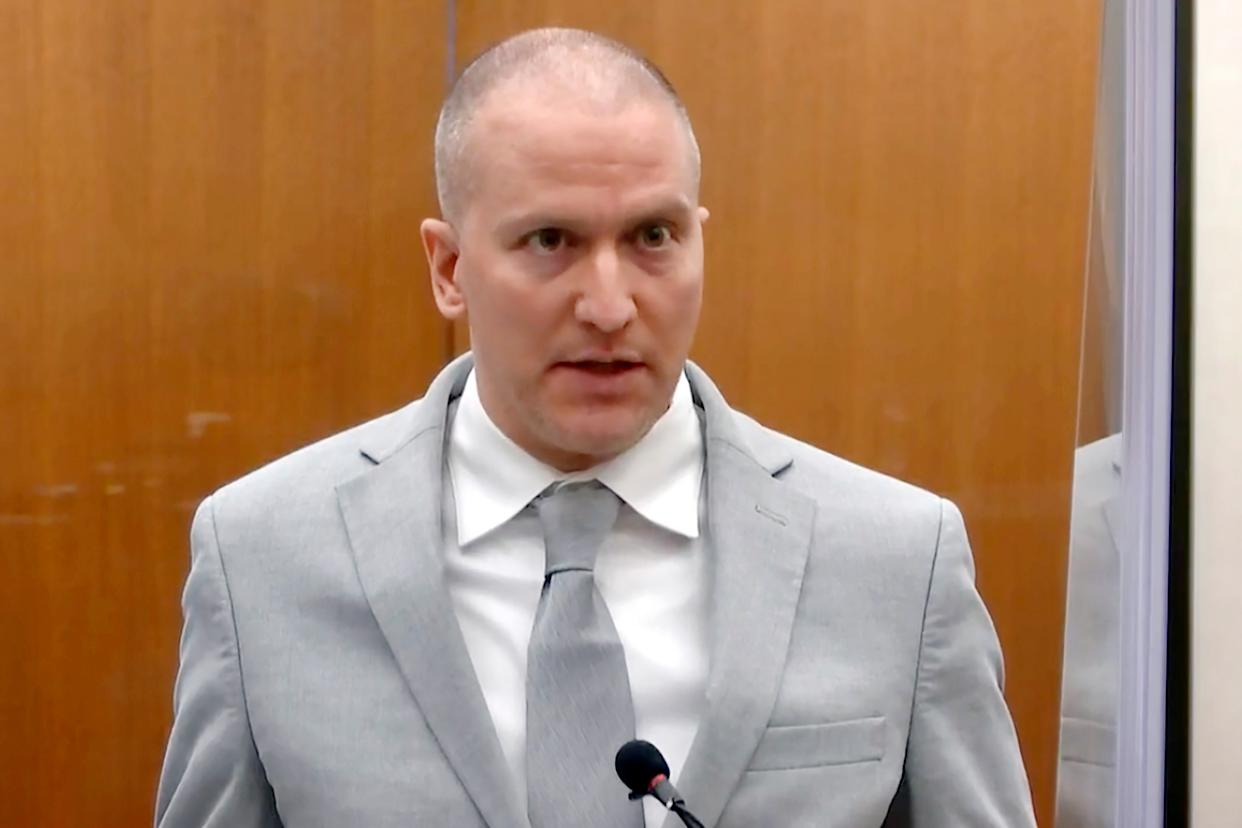Tim Walz Responds to Rumors of a Derek Chauvin Pardon: What You Need to Know

The question of whether Minnesota Governor Tim Walz would support or respond to a potential pardon of Derek Chauvin, the ex-police officer convicted in the killing of George Floyd, has attracted national attention. As the anniversary of George Floyd’s death nears, speculation around a possible federal pardon for Chauvin continues to grow online and in political circles. Here’s what you need to know about the subject of "tim walz pardon derek chauvin," the legal realities, and what state officials are preparing for.
Why Are Pardon Rumors Circulating?
The movement to pardon Derek Chauvin has been fueled by political debate, online petitions, and social media campaigns. Conservative activists have pushed for a federal pardon, and allies of former President Donald Trump have amplified the possibility. However, Governor Tim Walz addressed the rumors directly, emphasizing the lack of credible evidence that a pardon is forthcoming. Walz stated, "I think it behooves us to be prepared. With this presidency, it seems like something they would do." Despite the conversation, there is no confirmation that Trump, the current president, will actually take steps to issue such a pardon.1
What Would a Pardon Mean for Chauvin?
It’s crucial to understand how pardons work. The president can pardon federal convictions, but not state convictions. Derek Chauvin was convicted of murder and manslaughter in Minnesota state court, and he is also serving a federal sentence for civil rights violations. If the president were to pardon Chauvin’s federal conviction, Chauvin would not walk free. Instead, officials would transfer him from federal custody in Texas to a Minnesota state prison, where he would have to serve the remainder of his 22.5-year state sentence. Minnesota Attorney General Keith Ellison stressed that a federal pardon would not result in Chauvin’s release, stating, "Trump has no power to pardon Chauvin’s state conviction. None."2
Tim Walz and Minnesota Leaders’ Preparations
State and city leaders in Minnesota are taking precautions, not because a pardon is confirmed, but out of responsibility to be ready for any outcome. Governor Walz, along with the Minnesota National Guard, local law enforcement, and Minneapolis Mayor Jacob Frey, have reviewed public safety plans in the event of unrest. The city’s Community Safety Commissioner, Toddrick Barnette, explained, "We have no credible intelligence about any pardon or planned disruptions here in Minneapolis. But out of an abundance of caution, we are planning for any eventuality."3
Besides local efforts, federal and state corrections agencies have also coordinated on the logistics should Chauvin ever be transferred back to serve his state sentence. The process would be automatic if a federal pardon occurred, requiring no input from the governor for the action itself.
The Broader Impact and Public Response
The debate around the "tim walz pardon derek chauvin" speculation touches on more than legal technicalities. The memory of George Floyd’s murder and the resulting nationwide movement for justice remain deeply significant. Pardon rumors have rekindled strong emotions and discussions about police accountability and the rule of law. Public officials, including Governor Walz, acknowledge these concerns while reiterating that Derek Chauvin will remain "behind bars serving his state sentence even if his federal charges are pardoned."4
Final Thoughts
Despite calls for a Derek Chauvin pardon from some corners of the political spectrum, current law and official statements from Minnesota leaders make it clear: only a federal sentence could be affected by a presidential pardon. Governor Tim Walz and his administration are focusing on preparation and clear messaging to avoid confusion or unrest. For now, Chauvin’s state conviction stands, and he will continue serving his sentence in Minnesota should the federal pardon become a reality.
For more detailed updates and official statements, see the Minneapolis and state leaders prepare for possible Derek Chauvin pardon and the latest reporting from the Star Tribune.